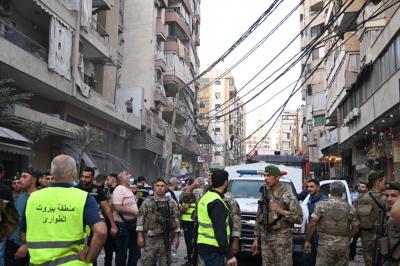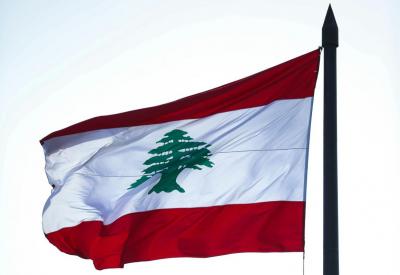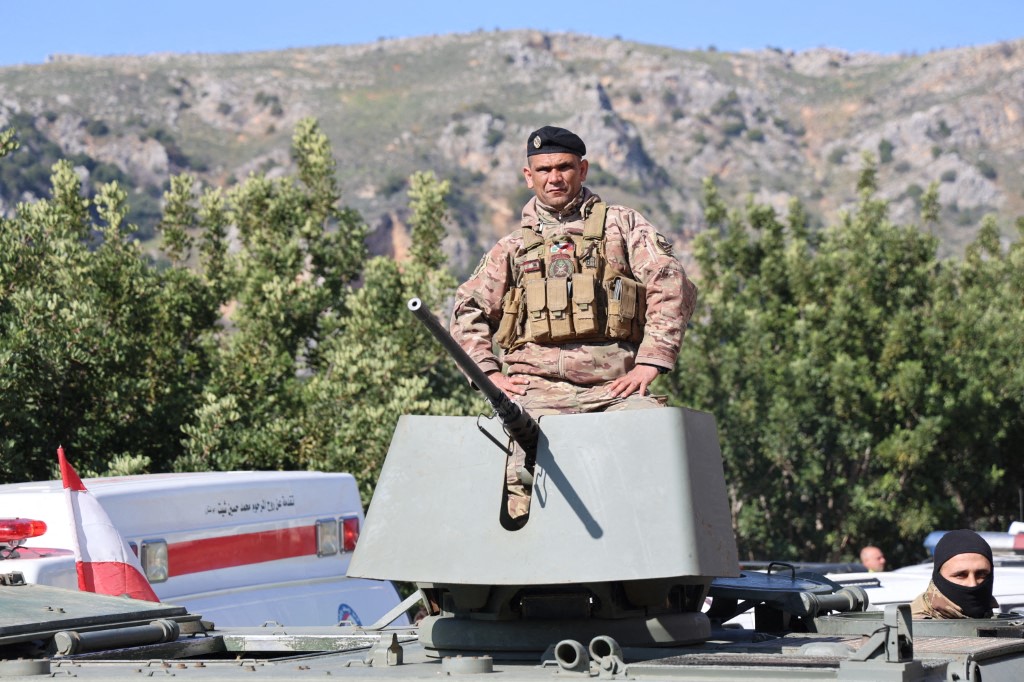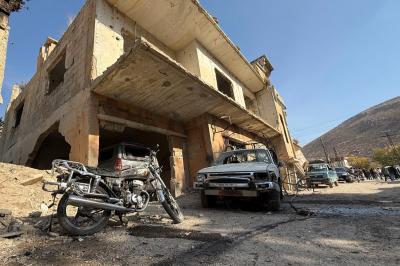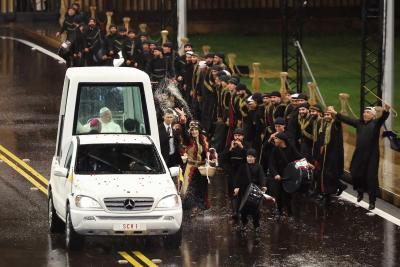Why do we, in Lebanon, insist on self-flagellation and treating illusions as undeniable truths?
We all acknowledge that we are living in a state of crisis. We lament the lack of accountability, even as we demand it—because deep down, we know accountability has become little more than an elusive promise. And who, after all, is going to hold them accountable?
Our leaders today are scrambling to contain the chaos that has metastasized within the state’s institutions. This disorder has taken root so deeply that it has formed a culture of its own—one that now seems strange to resist. The most glaring example is the near-total absence of control over land borders and the rampant corruption in seaports and airports. This state of lawlessness has created stark inequalities: some Lebanese profit generously, others get crumbs, and many are excluded entirely from the “cleaned-up” spoils of dirty money.
One of the most persistent manifestations of this corrupt culture is the unchecked spread of arms across the country. From handguns—reportedly present in almost every home and neighborhood—to medium and heavy weaponry, and especially the weapons still stockpiled in Palestinian refugee camps, despite their obsolete purpose. Then there are those who still brandish the so-called "strategic" weapons under the fading banner of the resistance, even as they have withdrawn from the front lines with Israel, watching passively as southern villages are leveled—more than during any previous support war.
Everyone now agrees: weapons must be placed solely in the hands of the official Lebanese state, across all of its territory. Even if, hypothetically, some citizens retain light arms under a tightly regulated system, there is no justification for the ongoing militarization of refugee camps—whether Palestinian or Syrian—especially as those weapons are frequently used in criminal activity and to destabilize the security.
The old excuse—“we need weapons because the state abandoned us”—no longer holds. If the state failed to protect some, it failed to protect many others, across all regions. State neglect was not selective. In fact, the South has received considerable attention from the government and its development bodies, even if those efforts sometimes benefited only a privileged few. And yet, during the so-called support war, much of that development was wiped out.
Isn't it ironic that the logic of self-protection has only brought losses? We've regressed from internationally recognized southern borders demarcated under the French and British mandates—and reaffirmed in the 1949 Armistice Agreement—to the UN’s “Blue Line,” which lies inside our own territory, after the “liberation” of 2000. Likewise, we went from Line 29, marking our maritime borders (recognized since the mandate era and reaffirmed in the scrapped May 17, 1983 agreement), to Line 23—defined by the Parliament Speaker and signed off by a President who insisted on his constitutional right to approve treaties—thus giving up some 1,400 square kilometers of our maritime domain.
The time has come to restore to the state what rightfully belongs to it. It’s time we return to its fold. Experience has shown that the state is the only true protector—and that every act of individual defiance or lawlessness has only cost Lebanon more of its rights.
Please post your comments on:
[email protected]
 Politics
Politics
